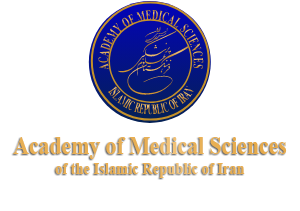Basic Medical Sciences Group
Duties
Given the importance of basic medical sciences in knowledge production and the advancement of clinical medicine, and considering the Academy’s advisory role in high-level policymaking on national education and research, the principal duties of the Group are to study and review education and research and to provide rich evidence bacod advices in the field of basic medical sciences nationwide. In addition, the Group is responsible for offering opinions on health matters and the health sector in general, particularly insofar as they relate to basic medical sciences. Another duty of the Group is to study the possibilities for developing various basic medical science disciplines across the country’s universities. Overall, the Basic Medical Sciences Group operates to promote the development of basic medical sciences, strengthen the research ethos, and elevate the level of basic medical science education and research.
Objectives and Mission
1. To review educational and research programs in basic medical sciences at the undergraduate and postgraduate/specialist levels, including faculty development in these fields.
2. To serve as the Academy’s advisory body in formulating the policies necessary for training and attracting researchers in basic medical sciences who can contribute to international knowledge production and provide high-quality educational services.
3. To foster linkage between basic and clinical sciences through coordinated educational and research policies.
Strategic Programs
1. Assessing the feasibility of establishing an Institute or School of Basic Medical Sciences at reputable national universities.
2. Evaluating the possibility of introducing pre-medical preparatory programs for entry into the general medical professions (medicine, dentistry, and pharmacy).
3. Examining potential overlaps among certain basic science courses and the establishment of joint academic chairs.
4. Assessing the feasibility of extending the use of scholarly resources and expertize of the Basic Medical Sciences Group and that available in basic science departments of non-medical universities.
5. Evaluating current capacity for training specialists in basic medical sciences and developing appropriate mechanisms for their regulation and assessment.
6. Optimizing the use of new technologies in basic medical sciences research.
7. Exploring the feasibility of producing instruments and devices based on novel technologies.












